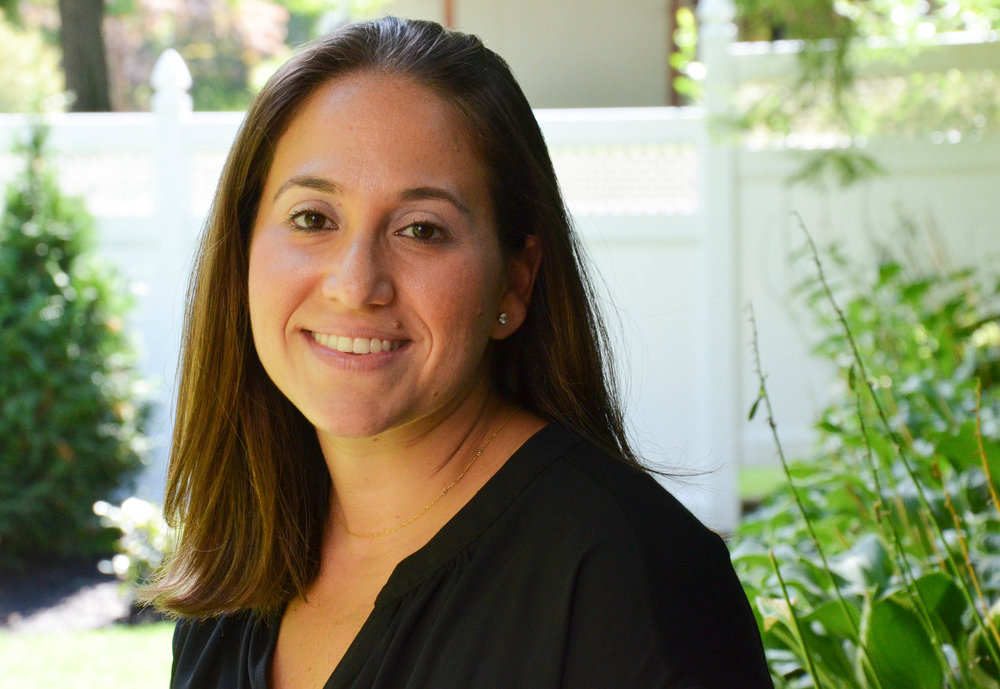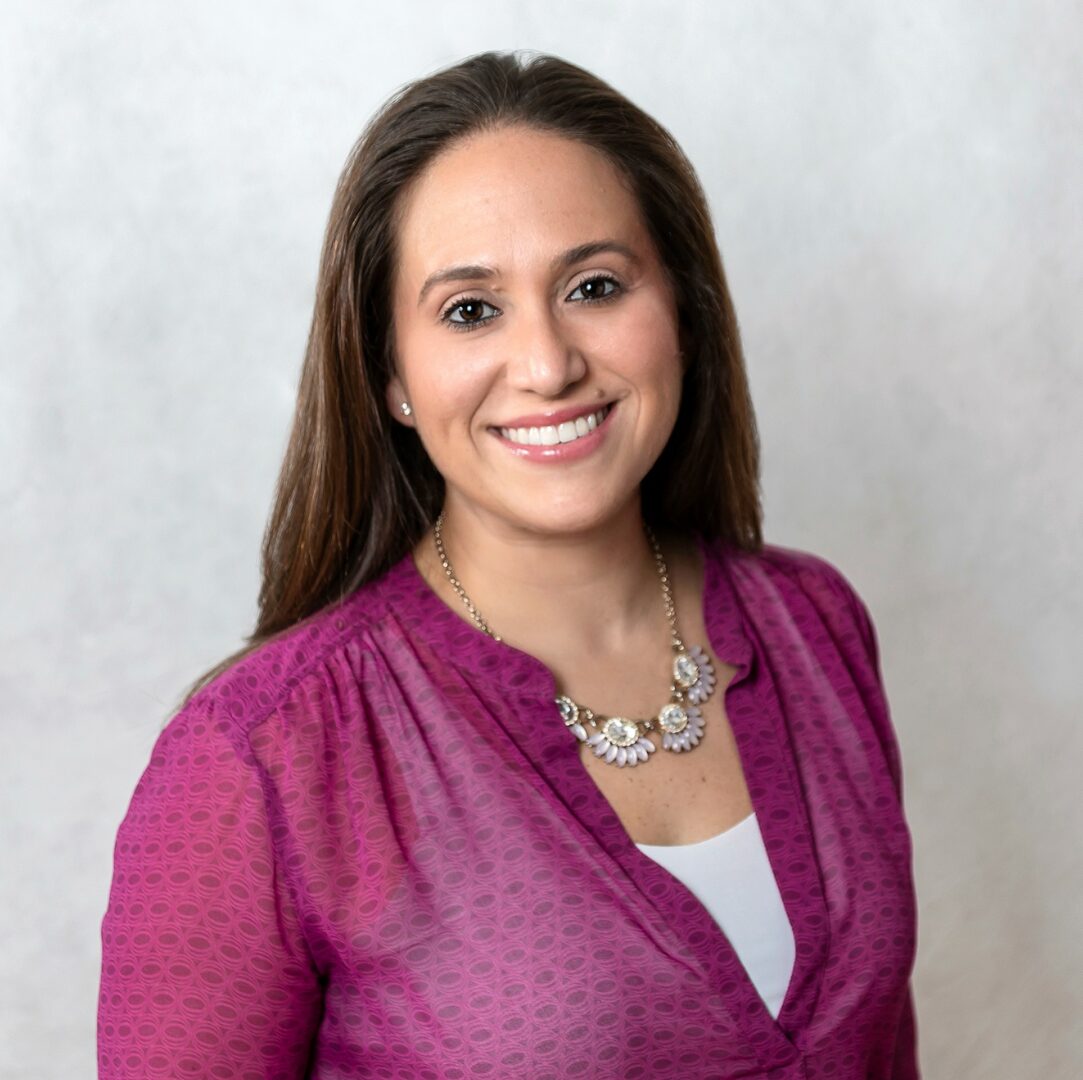We recently connected with Julia Hochstadt and have shared our conversation below.
Julia, so good to have you with us today. We’ve got so much planned, so let’s jump right into it. We live in such a diverse world, and in many ways the world is getting better and more understanding but it’s far from perfect. There are so many times where folks find themselves in rooms or situations where they are the only ones that look like them – that might mean being the only woman of color in the room or the only person who grew up in a certain environment etc. Can you talk to us about how you’ve managed to thrive even in situations where you were the only one in the room?
Over the course of my career as a licensed clinical social worker, I’ve often found myself being the only person in the room who looks like me — whether that’s in clinical settings, courtroom testimony, or leading trainings for professional teams and community groups. I specialize in working with survivors of childhood sexual abuse, sexual assault, and intimate partner violence — subjects that are deeply painful and often difficult for people to engage with. Because of that, I’ve learned that being “the only one” is not just about appearance, but also about content: the only one willing or able to speak openly and knowledgeably about things most people shy away from.
Rather than shrinking from that discomfort, for nearly 25 years I’ve leaned into it. I’ve come to understand that the very things that set me apart — the depth of my clinical experience, my comfort with difficult truths, my identity, and my presence — are exactly what make me effective. When others hesitate to engage, I remain grounded in the knowledge that what I offer is essential and transformative. Whether someone is seeking help because of personal trauma or is looking to learn how to support others, I know how to meet them where they are.
Being the only one in the room has taught me to trust my expertise, own my space, and speak with clarity and compassion — especially when the subject matter is heavy. I don’t wait for others to validate my presence or my perspective. I know that what I bring is unique, necessary, and often life-changing. That confidence, grounded in years of hard work and deep empathy, is what allows me to stand out — and stand strong — even when I stand alone.

Thanks, so before we move on maybe you can share a bit more about yourself?
I’m a licensed clinical social worker with over 25 years of experience specializing in crisis and trauma — specifically working with primary and secondary survivors of childhood sexual abuse, sexual assault, and intimate partner violence. My work is rooted in deep listening, clinical skill, and a commitment to helping people rebuild a sense of safety and self after experiencing the unimaginable.
What’s most special to me about this work is the privilege of witnessing human resilience up close. Every day, I have the honor of sitting with people in some of their most vulnerable moments and helping them reconnect with their strength, their voice, and their sense of possibility. It’s not easy work, but it’s deeply meaningful — and there is something sacred about creating a space where people feel truly seen and heard. I often say to my clients that a large part of my work with them, is in taking an experience that often feels “untalkaboutable” and sharing it with another person who can bear witness to that experience.
In addition to one-on-one therapy, I also train professionals and community groups on trauma-informed practices, provide expert witness testimony in legal cases, and work to raise awareness around issues of abuse and violence. A big part of my mission is helping people understand the lasting impacts of trauma — not just intellectually, but emotionally and systemically — and how to respond with both competence and compassion.
If there’s one thing I want folks to know about my work, it’s that healing is possible — and that the presence of one deeply attuned, trustworthy person can make all the difference. My brand isn’t about flashy slogans or quick fixes. It’s about truth, care, expertise, and a willingness to go where others might turn away. I don’t shy away from hard conversations — I’m here for them. And that’s what makes this work not just my career, but my calling.
There is so much advice out there about all the different skills and qualities folks need to develop in order to succeed in today’s highly competitive environment and often it can feel overwhelming. So, if we had to break it down to just the three that matter most, which three skills or qualities would you focus on?
Three foundational areas have shaped not only the success of my career, but my sustainability and growth over time: formal training as a therapist, deep study of trauma, especially interpersonal violence and victimization, and a strong commitment to self-care and boundaries.
Training as a Therapist
My clinical training laid the groundwork for everything that followed. It gave me the theoretical foundation, ethical grounding, and supervised experience to begin building the therapeutic skills I would rely on throughout my career. But more than that, training taught me how to think like a therapist — how to approach complex human behavior with curiosity rather than judgment, and how to engage with people in ways that are both compassionate and effective. For those just beginning, my advice is this: take your training seriously. Learn the models and frameworks, but also observe how you show up in the room. Who are you when you’re trying to be helpful? What do you notice in yourself when others are in pain? Training is where you start to answer those questions — and they matter just as much as any technique.
Significant Study of Trauma, Particularly Interpersonal Violence and Victimization
Over the years, I’ve made it a point to go far beyond the basics when it comes to understanding trauma. I’ve invested in in-depth study — through coursework, consultation, clinical practice, and continual reading — of how trauma affects the brain, the body, relationships, and a person’s sense of self. My particular focus has been on interpersonal violence: childhood sexual abuse, sexual assault, and intimate partner violence. This kind of trauma is often silenced or minimized, and its effects are deeply layered. To serve survivors well, you have to understand the ways trauma can show up — not just through symptoms, but in how people protect themselves, make meaning, or struggle to trust. My advice to those starting out is to specialize. Learn the general concepts of trauma, yes — but go deeper into the specific kinds of trauma your clients are living with. Survivors deserve clinicians who truly understand the terrain.
Self-Care Practices and Strong Boundaries
This work is emotionally and energetically demanding. From very early on, I understood that if I didn’t actively care for myself and maintain clear professional boundaries, I wouldn’t last. Over time, I’ve developed a consistent self-care practice — not just as a response to stress, but as a way to sustain myself before I hit burnout. That includes rest, reflection, supervision, community, and having a full life outside of my work. Boundaries are also critical. I’ve had to be clear about what’s mine to hold and what isn’t, and to remember that being helpful doesn’t mean being everything to everyone. For those early in their journey, my advice is this: self-care isn’t optional, and boundaries aren’t selfish. They are what allow you to be present, effective, and healthy for the long haul.
Together, these three areas — professional training, trauma specialization, and strong internal boundaries — have not only made me a better therapist, but also a more grounded and resilient person. If you invest deeply in these, you’re building a career that can truly last — and more importantly, one that can make a real difference.
How can folks who want to work with you connect?
I’m always open to meaningful collaboration — especially with individuals, organizations, and communities who want to deepen their understanding of trauma, improve how they support survivors, or build truly trauma-informed spaces.
As far as I’m concerned, there isn’t a person, group, team, or organization out there that couldn’t benefit from the information I have to share. The statistics alone — which we know are vastly under-reported — tell us that 1 in 3 women and 1 in 6 men will experience some form of interpersonal victimization (such as abuse or assault) in their lifetime. That means most people are coming into contact with survivors regularly, whether they realize it or not. Even if someone hasn’t experienced this kind of trauma themselves, chances are very high that someone in their personal or professional life has.
And in my experience, it matters immensely how survivors are responded to when and if they choose to disclose. The impact of those responses is staggering — affecting everything from personal relationships to workplace productivity, healthcare access, educational outcomes, and more. That’s why so much of my work involves collaboration: helping others understand the populations I work with, the realities of trauma, and — critically — how to respond in ways that do no harm and foster healing.
I’m especially interested in working with:
Organizations, companies, or teams looking for trauma-informed education or training for their staff
Professionals in healthcare, education, law, or human resources who want to better support clients, patients, or colleagues with lived experiences of abuse
Community groups or nonprofits looking to increase awareness and capacity to serve survivors
Legal teams in need of expert witness consultation for cases involving trauma or interpersonal violence
One of the most common things I hear from people is, “I had no idea how to respond — I just didn’t want to make it worse.” That instinct is so human, and it’s why I do what I do. People want to be supportive; they just need the right information and tools — which I can provide.
If you’re interested in collaborating or bringing this work into your space, I’d love to connect, and we can explore what a partnership might look like. My goal is always to help people feel more informed, more confident, and more capable of supporting those around them — because the ripple effects of that are powerful.
Contact Info:
- Website: https://www.TherapyWithJulia.com
so if you or someone you know deserves recognition please let us know here.




